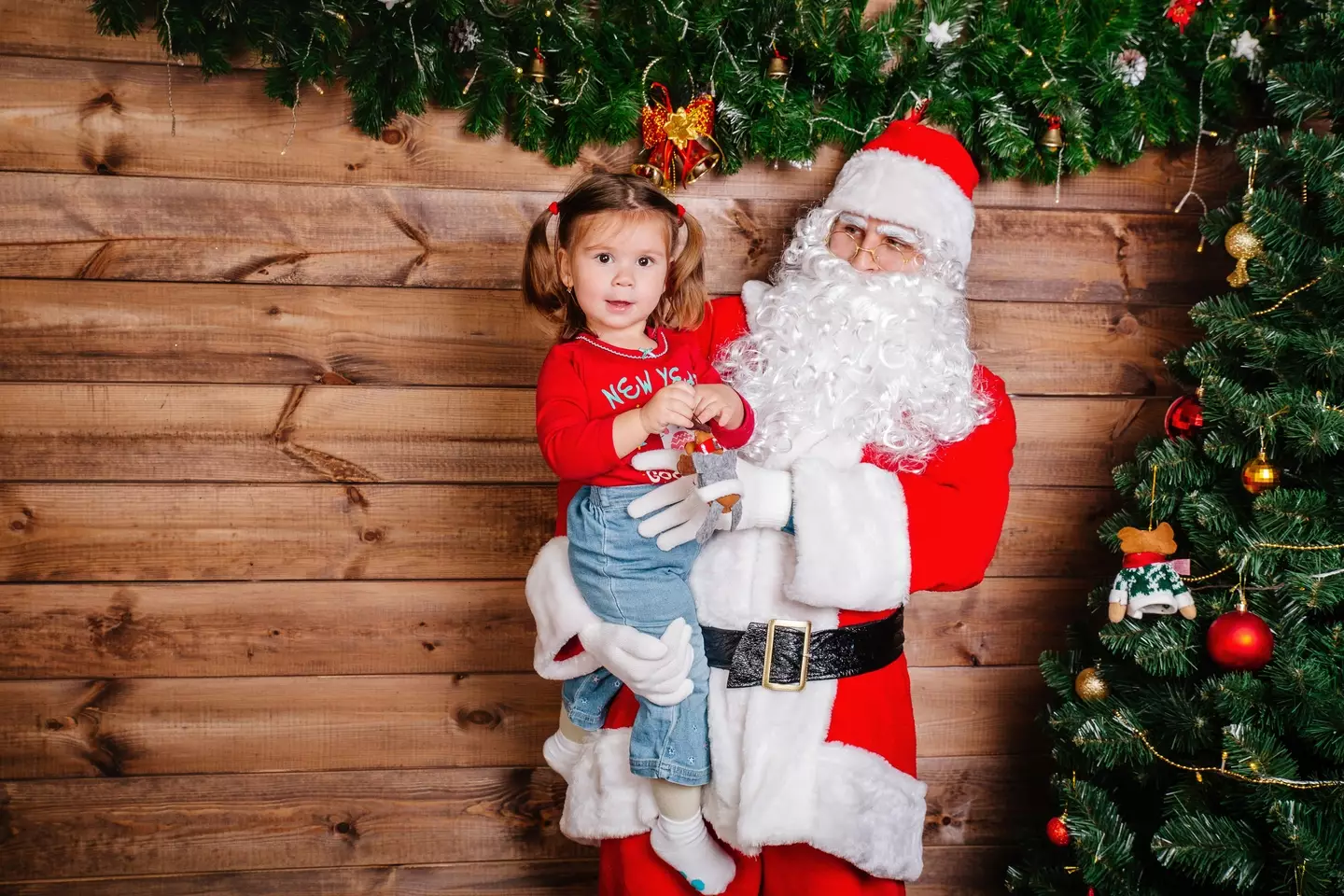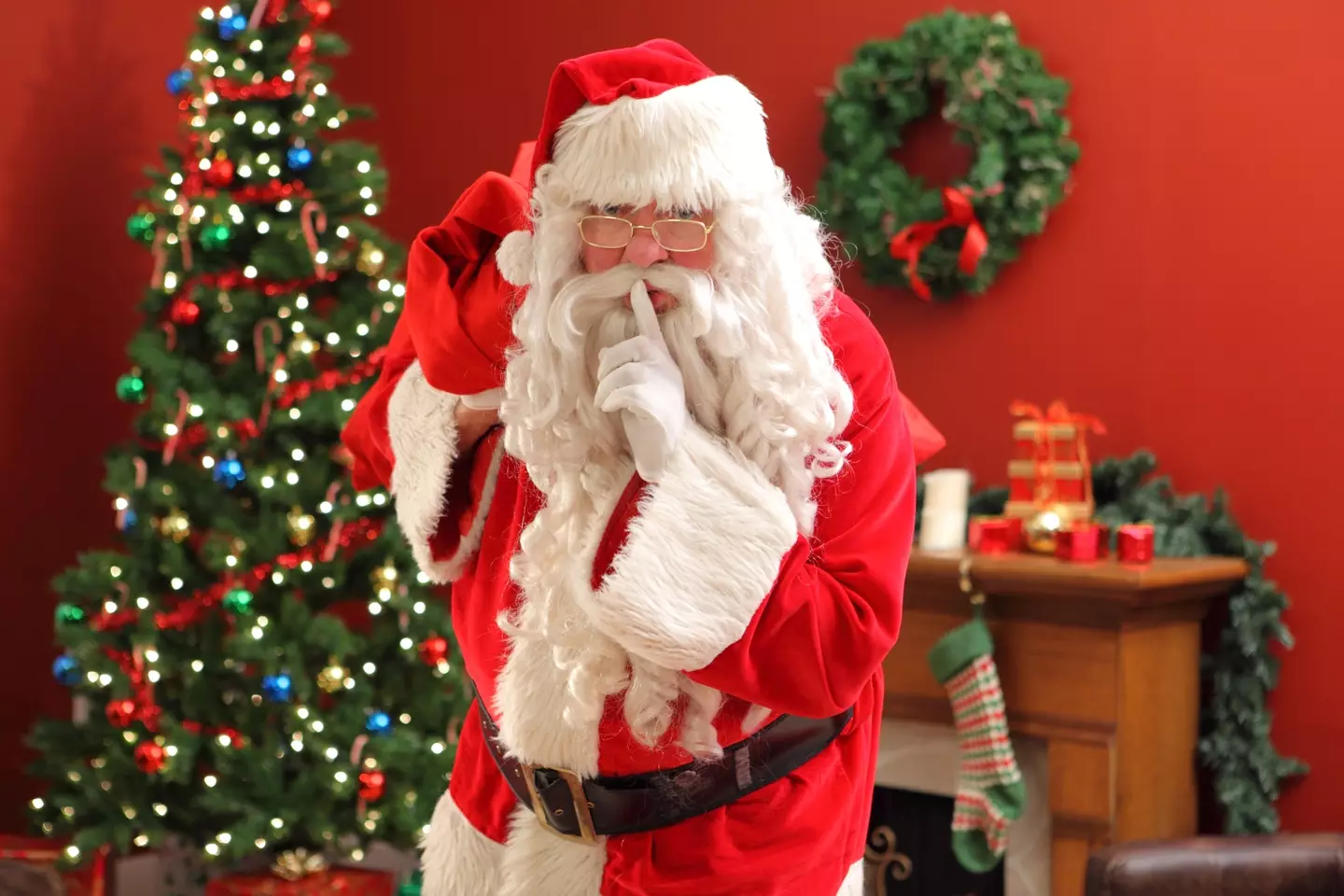.png)
If you’ve spent the entire month of December thinking up new scenarios to put your Elf on the Shelf into you may now be wondering when is the right time to let your little ones know Santa isn’t real (and send Elf back to the North Pole for good).
It can be a tricky subject with some parents wanting to keep the ‘magic’ of Father Christmas alive as possible and others preferring to go down the route of strict honesty.
And if you’re now wondering how to tackle the issue, then psychotherapist Amy Morin has shared her opinions on the perfect time to let your children know the truth about St Nick.
Advert
As with so many things when it comes to parenting, there are no hard and fast rules on the exact time when you should tell your children, Morin says, stressing that it all comes down to your personal beliefs, values on the needs of your kids.
Writing for Business Insider, Morin said: “There isn't a right or wrong age to tell kids the truth. Instead, take cues from them and their understanding of the world.”
She goes on to say that usually when children are between the ages of five and seven, they may begin to think more critically and have some questions for you about Santa.

At this point, your kids might begin to question things such as how reindeers fly or how Santa makes his way around the world in a single night.
Morin goes on: “Even though you probably don't lie to your kids often, you might be tempted to stretch the truth in an effort to spare them pain. After all, you don't want to ‘ruin’ Christmas for them. But, if they're asking questions, they want to know the truth. And you won't harm them by being honest.”
The therapist then explains this doesn’t mean you need to go out all and explain how the whole thing is make believe - instead, you could ask your children some questions back, such as ‘what makes you think that?’ to help them form their own conclusions.

If that doesn’t satisfy your little one’s curiosity and they flat out ask ‘is Santa real?’ Morin suggests it’s best to be truthful and explain that the presents actually come from you.
So as not to completely pour cold water over the magic of the season, Morin says you can ‘make Christmas more about kindness and giving rather than reindeer and red suits’.
And on a final note, it might also be a good idea to let your child know that not everyone knows ‘the secret’ about Santa, so it might be best not to tell other kids that he isn’t real.